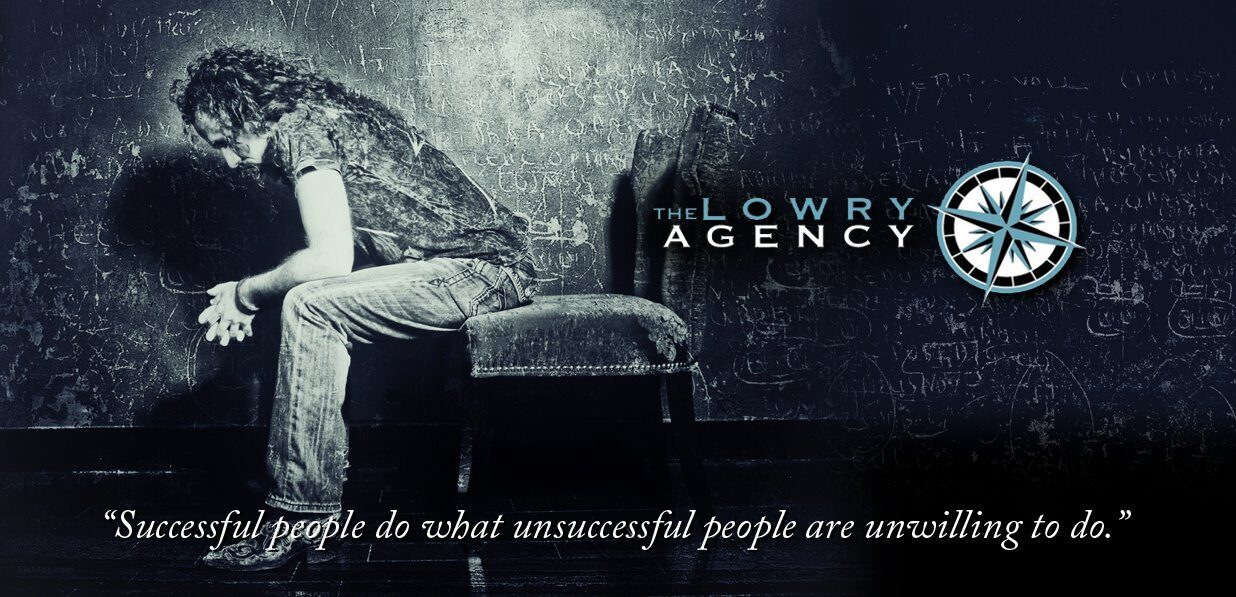By David Lowry
One of the most exciting things about being a musician is getting that endorsement deal! Playing that guitar or amp you love or maybe banging that drum kit you have been salivating over for years and it’s finally in your hands. It’s a great feeling! The questions are how do you get one? Who deserves one? What are you going to do with it once you get it? What are your responsibilities once you get one?
I find that like most aspects of the music business the artist completely doesn’t get it when it comes to endorsement deals. They all want them when they have absolutely nothing to offer the endorsement company. Bands want everything handed to them. They want someone to book all their shows because they don’t want to do it. They want management to make things happen because they don’t know how and they want free gear, clothes or what ever else they can get for free and giving nothing in return.
Endorsement deals have to be a win-win situation for both parties involved. Sometimes as musicians we forget that it takes money to make anything happen and that these companies need to make money for them to be able to endorse or sponsor artists. Ninety-nine percent of the time, the artist asking for the endorsement has nothing to offer the company whose product they are asking an endorsement for. Granted there are always exceptions to the rule in any given situation but for the most part this is the way it is and you would do well to act professional and always give yourselves the best chance possible.
So what does an artist need to bring to the table before asking for an endorsement deal? Well number one it’s all about the exposure for the endorsee. How many shows are you playing a year? How many people per average show? How good is your social media campaign? How good are your photos and videos? How influential are you among your peers and people who look up to you as a musician? Do you understand marketing and branding? Usually these questions are answered within the first 30 seconds of reading the artists email and looking at their press kits.
Company’s really only want artists or bands that love and use their product, not people looking for any deal they can get. You should be passionate about what you are playing or using before you approach a company for an endorsement deal. Send an email and ask what information they would like to see but most importantly why you think you are a good fit for this company. Highlight to your prospective endorsement company with the appropriate information such as your fan base size, social media coverage and plan, professional electronic press kit with professional photography and not just a one-line email with your Reverbnation link. The key here is to make sure the company is seeing how many fans you have. Facebook fan pages are great because then they can also see what your fans are saying about you. Make sure you state how many shows a year you play on average and average crowd size per show as well. Mention your touring and media plans for the upcoming year this why having a marketing plan is imperative. Have past calendars available if possible to prove you how busy you are. You need to make sure that your exposure coverage is worth it to a company before they give you any of their gear. It’s also good sometimes to mention what products of theirs you may have purchased in the past and are currently using. Remember here that not every artist-relations person is the same so this may alter slightly.
Make sure you understand that if you get a deal you will have to put their logos on all you concert posters, your websites with hyperlinks attached and you should mention and thank them regularly in your social media campaign. You have a responsibility to growing their brand. That is why they gave you the deal in first place. Most musicians are horrible about doing this. Also please realize that just because you get a deal doesn’t mean you are going to get a ton of exposure from them. You may or may not be listed on their website or at least not prominently until you are a big enough artist to really influence the average buyer. You really want to be building a long-term business relationship with these companies so work hard at giving this the proper attention.
Most companies are not giving full endorsement deals anymore so please don’t ask for a deal if you have no money to at least pay cost on the equipment you are asking for. Make sure you are prepared to be professional with them at all times and represent them to the best of your ability.
Last but not least please don’t be “Horshack” from “Welcome Back Kotter” with your arm up squealing ooh! Ooh! Me! Me! Me! Especially after a friend or a band you know gets a deal so you run to Facebook and spam their page asking for a deal too. Remember there is a reason they got the deal. It wasn’t just handed to them.
Remember these blogs are here to help you become more professional and help you stand out from the crowd. Head the advice and you should see greater results.
Good luck!
